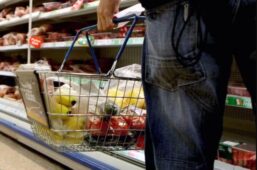Wildlife Markets Are Ticking Time Bombs For Coronavirus Outbreaks huffingtonpost.co.uk
Dozens of species that rarely, if ever, come in contact with one another in the wild? fish, turtles, snakes, bamboo rats, bats, even foxes and wolf cubs ? are confined in close quarters, waiting to be butchered and sold. The animals are often stressed, dehydrated and shedding live viruses; the floors, stalls and tables are covered in blood, faeces and other bodily fluids. This is the scene at many of China’s so-called “wet markets,” where a poorly regulated wildlife trade thrives and creates conditions that experts say are ideal for spawning new diseases. “You could not design a better way of creating pandemics,” said Joe Walston, head of global conservation at the nonprofit Wildlife Conservation Society. “It’s really the perfect mechanism, not just for the Wuhan coronavirus but for the next ones that will undoubtedly emerge sooner rather than later.” The Huanan seafood market in Wuhan, a city of 11 million people in central China, is the suspected source of the current outbreak of a novel coronavirus that so far has killed 811 people and infected more than 37,000. Although far less deadly than the flu, which kills up to 61,000 people in the US alone each year, the new coronavirus is particularly concerning for scientists as it has not been previously seen in humans.






Leave Your Comment